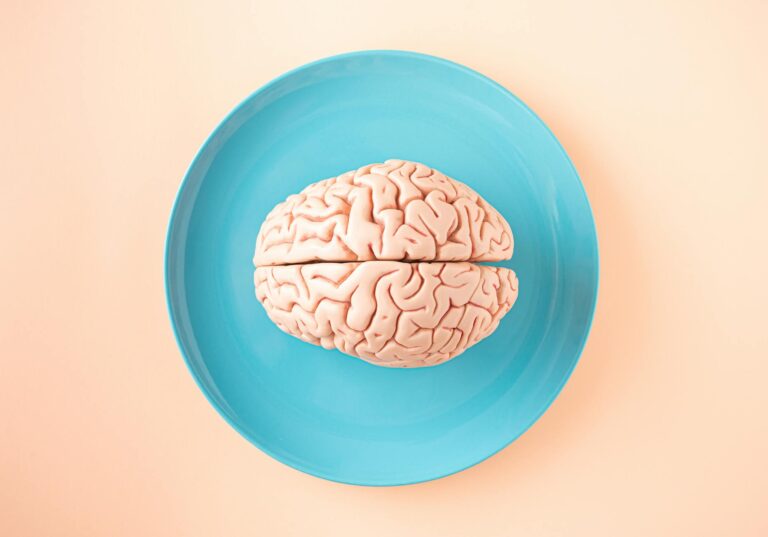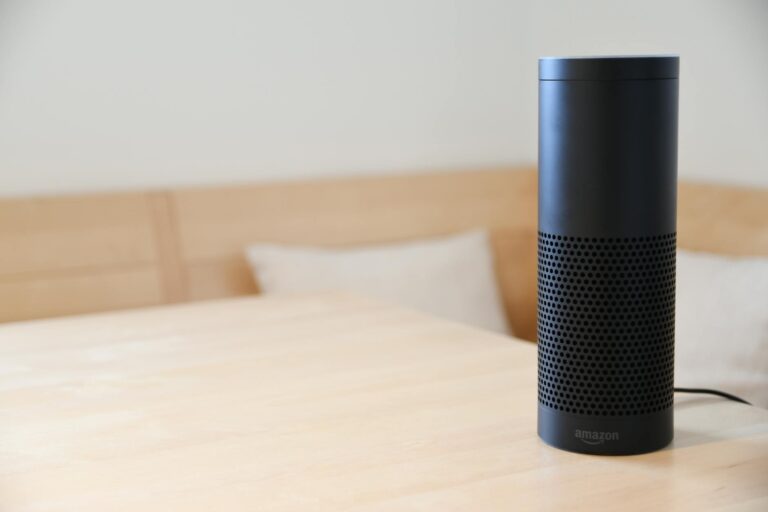In recent years, there has been a growing concern about data breaches in the healthcare industry. With the increasing use of technology and electronic health records, patient data has become more vulnerable to cyber-attacks. While all patients are at risk, those with dementia are particularly susceptible to the consequences of a data breach.
Dementia is a progressive, degenerative brain disorder that affects a person’s memory, thinking, behavior, and ability to perform daily activities. It is estimated that around 50 million people worldwide are living with dementia, with numbers projected to triple by 2050. As the number of people with dementia grows, so does the need for innovative technology and therapies to support and improve their quality of life.
However, this growing reliance on technology also means an increased risk of data breaches. According to the Ponemon Institute’s 2020 Cost of Data Breach Report, healthcare organizations have the highest average cost of a data breach compared to other industries. The report also found that healthcare data breaches cost an average of $7.13 million per incident.
So, what are the innovative technologies and therapies being developed to support dementia patients while also addressing the risk of data breaches?
Secure Electronic Health Records (EHRs)
One of the most significant advances in healthcare technology has been the transition from paper-based records to electronic health records (EHRs). EHRs provide a digital version of a patient’s paper medical charts, making it easier for healthcare providers to access, update, and share patient information.
For dementia patients, EHRs can be particularly beneficial as they allow for better coordination of care between different healthcare providers. However, with this convenience comes the risk of data breaches. To address this, many healthcare organizations are implementing secure EHR systems that use advanced encryption technologies to protect patient data.
Biometric Authentication
As an added layer of security for EHRs, biometric authentication is being used to ensure that only authorized individuals have access to patient information. Biometric authentication uses unique physical characteristics, such as fingerprints or facial recognition, to verify a person’s identity.
This technology eliminates the need for passwords, which can be easily hacked or stolen, and provides a more secure and convenient way for healthcare professionals to access patient data. For dementia patients who may have difficulty remembering passwords, biometric authentication can also make it easier for them to access their own records.
Telemedicine and Remote Monitoring
Telemedicine and remote monitoring have become increasingly popular during the COVID-19 pandemic, but they also have great potential in supporting dementia patients. Telemedicine allows patients to connect with healthcare professionals remotely through video conferencing, reducing the need for in-person appointments.
For dementia patients, this means they can receive medical care from the comfort of their own home, reducing potential confusion and anxiety caused by unfamiliar environments. Remote monitoring also allows healthcare providers to track a patient’s health status and provide personalized care without the need for frequent office visits.
However, with the use of telemedicine and remote monitoring comes the risk of data breaches. Healthcare organizations must ensure that proper security measures are in place to protect sensitive patient information.
Virtual Reality Therapy
Virtual reality (VR) therapy has shown promise in supporting dementia patients by providing cognitive stimulation and reducing behavioral symptoms. VR therapy involves using a computer-generated environment to simulate real-life situations or experiences, allowing patients to interact with their surroundings.
For dementia patients, VR therapy can recreate familiar environments, such as their childhood home, and trigger positive memories. It can also provide cognitive exercises and brain games to improve memory and cognitive function. However, as with any technology that collects and stores personal data, there is a risk of a data breach if proper security measures are not in place.
Privacy-Preserving Machine Learning
Machine learning algorithms have been used in healthcare to analyze large amounts of patient data and improve diagnostic accuracy. However, with the sensitive nature of patient data, there is a risk of privacy violations and data breaches.
To address this issue, researchers are developing privacy-preserving machine learning techniques that allow for data analysis without compromising patient privacy. These techniques use encryption and other security measures to ensure that patient data remains anonymous and private while still providing valuable insights for healthcare professionals.
Innovative therapies and technologies have great potential in supporting dementia patients and improving their quality of life. However, with the increasing risk of data breaches, it is crucial for healthcare organizations to implement proper security measures to protect patient data.
As individuals, we can also take steps to protect our own personal information by being cautious about sharing sensitive data and regularly checking our medical records for any discrepancies. By working together, we can ensure that innovative technologies and therapies can continue to benefit dementia patients without compromising their privacy and security.





